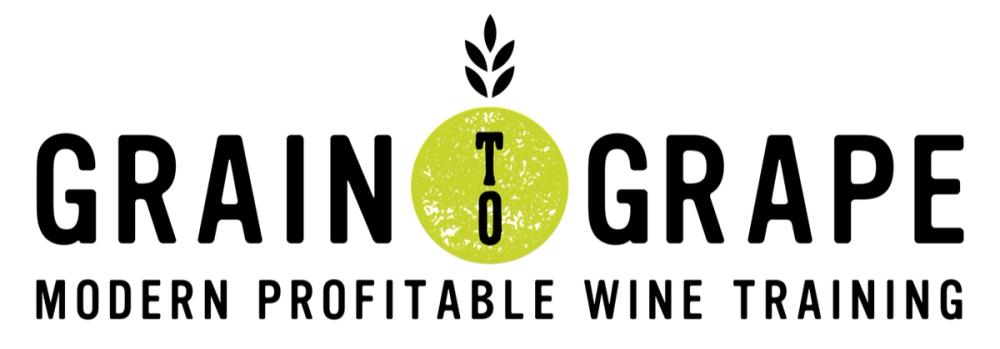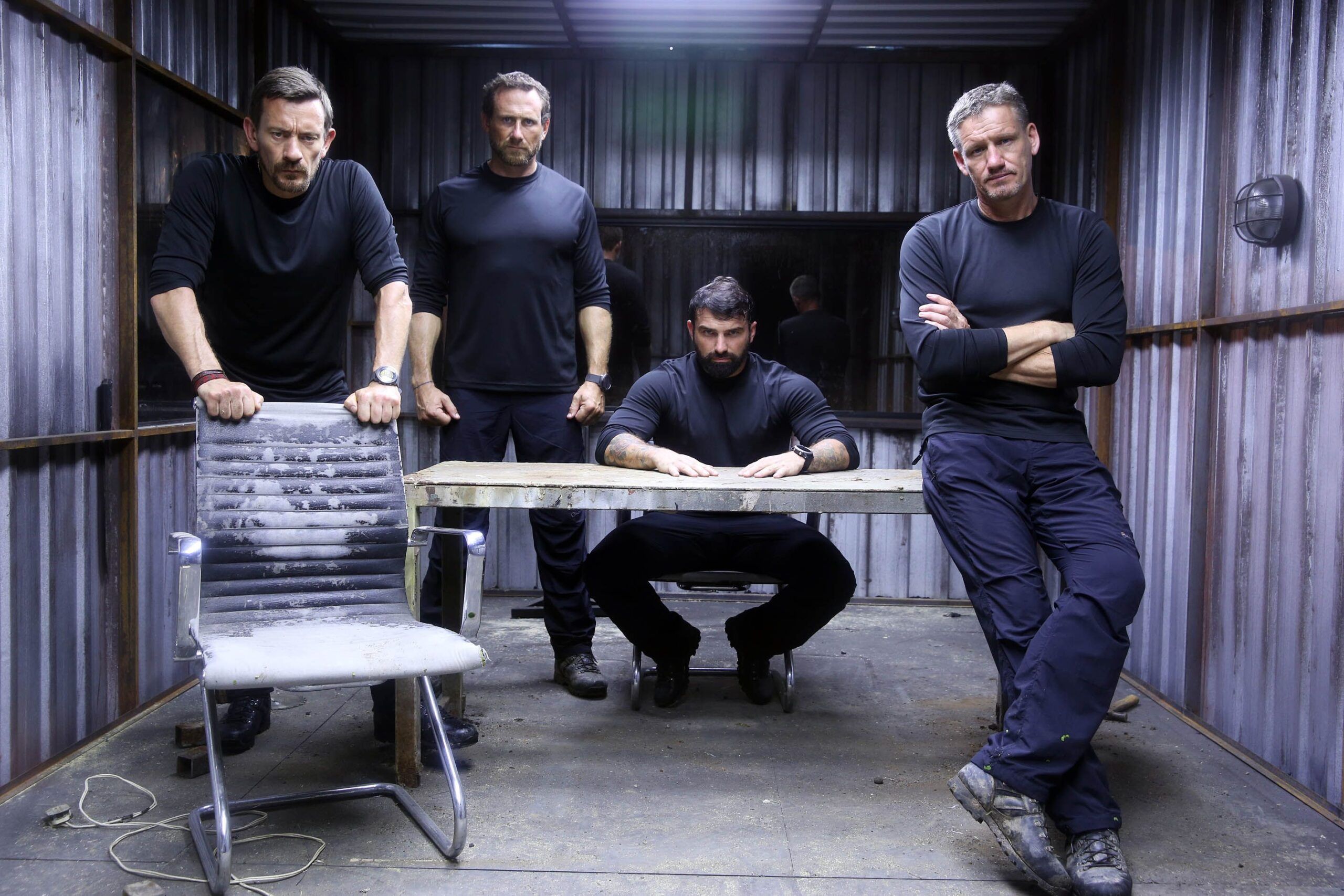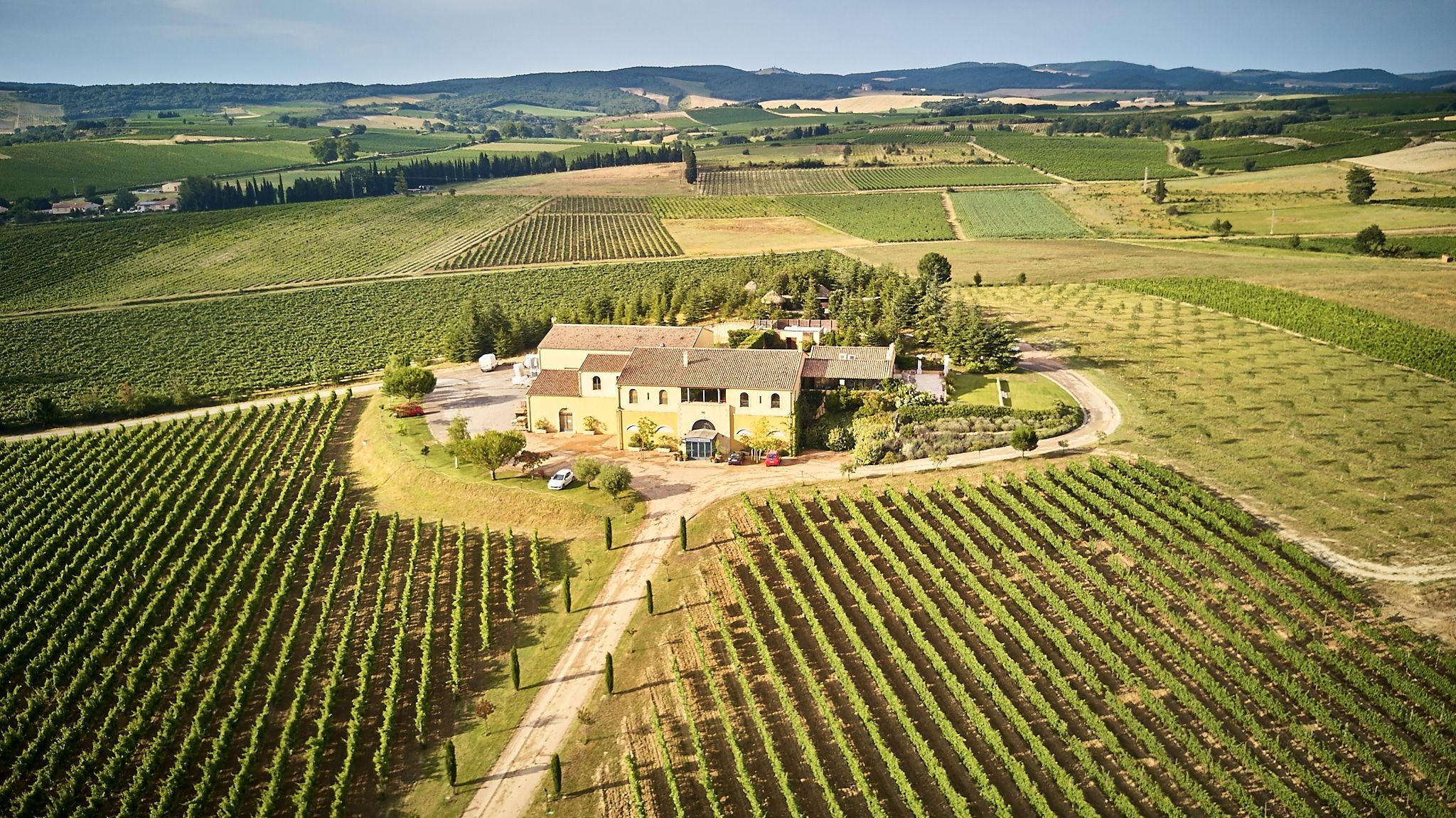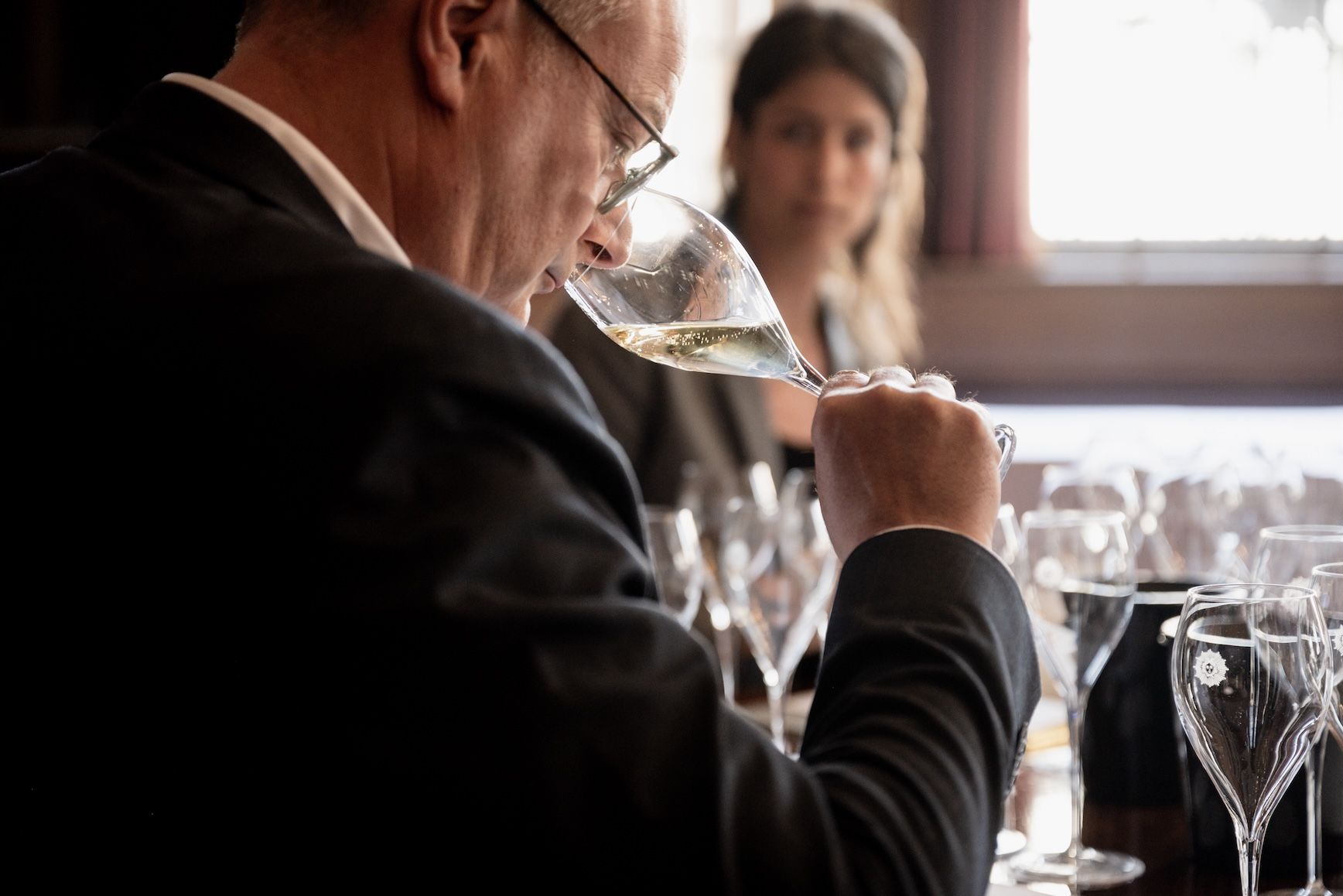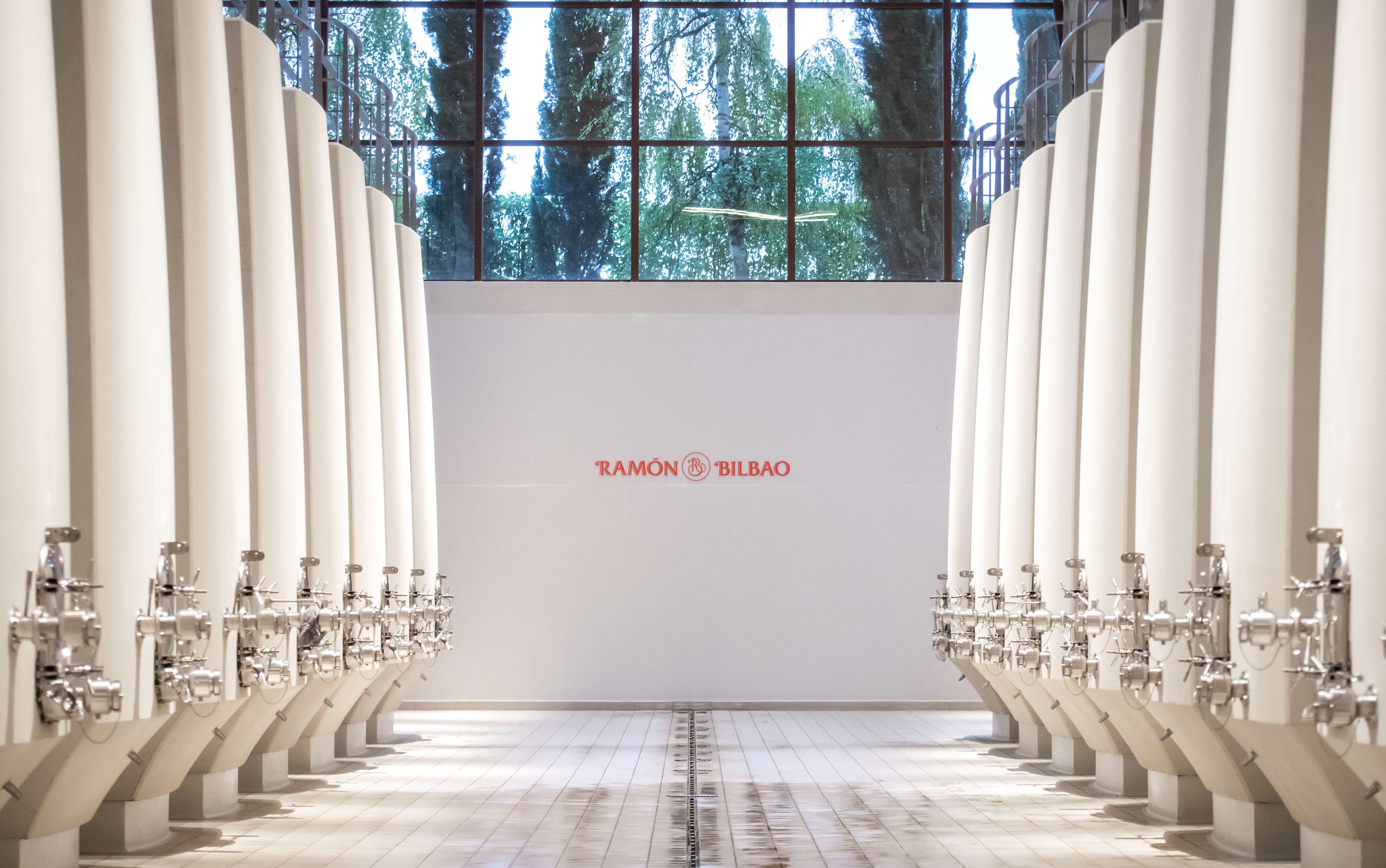Harry Crowther’s new Grain to Grape wine training programme is breaking new ground because he approaches wine education and on-trade coaching in a very different, innovative, but 100% sales-focused, results based way. Even if that means borrowing a trick or two from the military and hostage negotiators.
Read this book. “Never Split the Difference” by Chris Voss. He is an ex-FBI hostage negotiator turned business coach who has helped a lot of people in the art of negotiation and basically, how to get what you want. In one of his chapters he talked about ‘Mirroring’. Whilst reading through it, I thought a lot of this could be applied to wine training and service in general. So I put it into practice some of his methods with a couple of clients over lockdown. The results were amazing.
(See an extract from Chris Voss’s TED Talk where he explains parts of his hostage negotiating skills that you can use in business)
The art of the upsell is rich with different techniques your team can employ to ensure that your guest is moving through your wine list and drinking better wine. When used correctly these approaches work a charm. And the most important thing – even more than upselling – is ensuring the customer feels the value of buying better wine.
A knowledgeable server can (and should) wax lyrical about the benefits of drinking more premium wine, and this will contribute to the feeling of value perception for your customer. But there is a psychological element to that value that should come into play beforehand: mirroring.
Recognising mirroring
Mirroring is everywhere – you just need to know how to recognise it. Yawning, leg-crossing, smoking, even when you walk next to your partner, have you ever tried to sync your steps with theirs? Mirroring isn’t just limited to body language though. Verbal mirroring is a powerful tool at the table or the bar that your team can use to immense effect.
Customer: “I don’t like wine from South Africa” (god knows why)
Server: “You don’t like South African wine…”
The goal is to figure out what your customer actually likes so you can make a decent recommendation. Sure, you could ask them, and asking questions is a very powerful thing to do. But a part of great service is pushing guest boundaries and helping them discover new things. It’s also worth remembering that all mirroring starts with a question anyway.
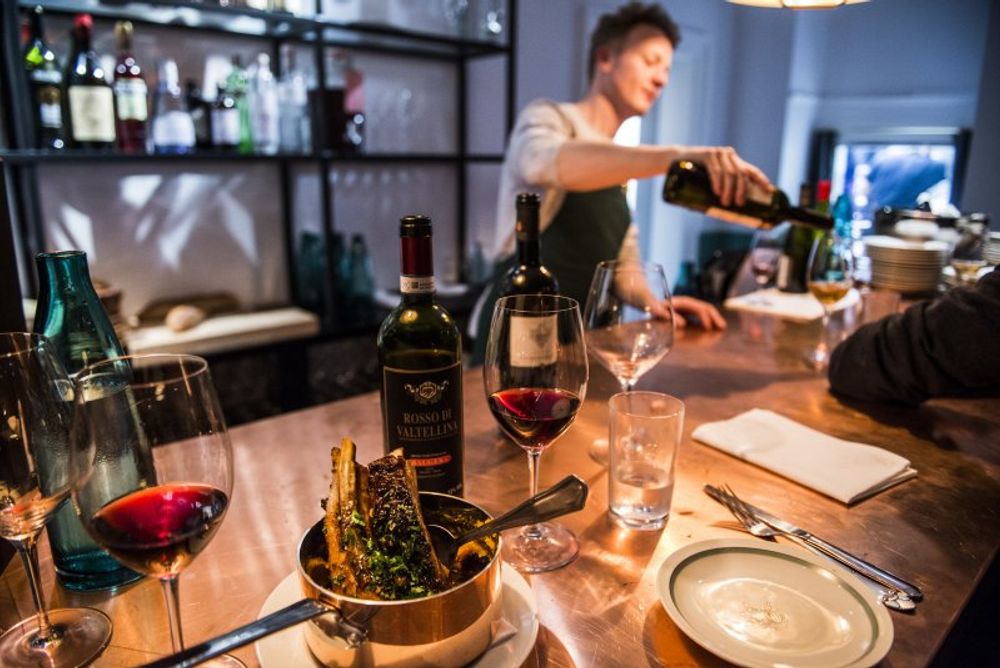
How good are you striking up real conversations with guests or customers. Simple techniques can help put them at ease and help them open up to you
Mirroring creates synergy. It’s the art of creating similarity, which aids bonding. A customer who feels like they’ve bonded with their server, is more likely to buy into an upsell further down the line.
When similarity is created by mirroring your guest, it does one of two things:
- They will rethink their statement and reconsider
- They will open up and share more information
Either outcome is powerful here. Opening up and sharing about one’s preferences increases rapport, whilst second guessing might tempt them to revisit old pastures and retry wine that they might now like. Disagree without being disagreeable, make them elaborate on what they have already told you which will nurture the process of relationship building.
The next time you’re on the floor, give it a go.
It doesn’t have to be anything to do with wine, mirroring is a fabulous tool to build a relationship with the people who walk through your doors. The better the relationship and the more in sync they feel with you and your team, the greater chance you have of pulling them through your wine list and drinking better wine.
Mirror, don’t praise
Piling on the praise with positive reinforcement works to an extent. So, I wouldn’t go telling the guest they have made a bad choice any time soon. Interestingly, a study of waiters and waitresses suggests that mirroring is much more effective than praising. The average tip of waiters who mirrored was 70% more than those who employed positive reinforcement. And the coolest part? The only mirroring they did was repeat the customer order back to them, imagine if they had used it to try and sell wine.
If mirroring is the tool to facilitate bonding, then repetition is the mechanism that gets the wine recommendation over the line.
Power of three

Tony Blair was the master of using the power of three to drill home a political message – like his famous “education, education, education” pledge
An Englishman, an Irishman and a Scotsman walk into a bar and order a bottle of wine…
History, business and even bad jokes are fraught with the notion of three. So much so that most of us hardly recognise its impact on our day to day lives.
From film-making to storytelling, advertising campaigns and particularly political leaders, the collection of three words or phrases is a proven and effective model for communication. And it should be seriously considered as a key part of your wine training approach with your team.
True to form, if you’re expecting a romantic rendition about how the rule of three effortlessly ties into a beautiful wine tasting note, stop reading here. As with all of the content on ‘Grain to Grape’, this is meant for the benefit of your wine category and strategy. I want to see it flourish and see spends grow- and the power of three is central to training your team to sell wine.
Taste in threes
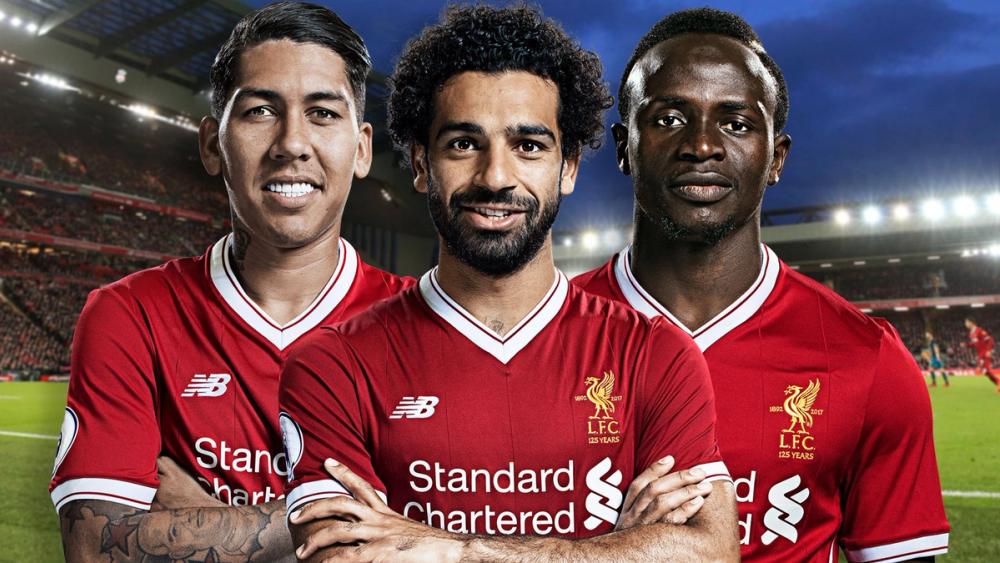
The power of three: Liverpool’s attacking strike force of Firmino, Salah and Mane
The most obvious application of this rule lies within the description of a wine. So, take time with your team and work with your suppliers to put together a three-word-tasting-note for your wines. It’s a lot to remember at first for the team, but a well thought out training approach should see a weekly focus on one wine.
By the end of each week, the team will have that wine down, then you can move on.
In fact, successful upselling requires your team to only know a three-word-tasting-note for a small section of the list. Why is that? You’ll need to check out Grain to Grape’s online course for that one.
Be generic (with your three-words)
How many times have you described a wine to a guest who has replied, “no I can’t smell that, but I can smell this…”, it happens a lot, and it kind of leads to a bit of a stand-still.
Being generic with your three-word tasting notes is an easy way to get those creative juices flowing and the guests’ brain ticking. The more you can engage them, the better the experience.
Go for descriptions that are sweeping. Instead of using lemon, citrus will do. Or describe a wine as tropical instead of more specific notes of pineapple or passionfruit.
The sense of smell is quite subjective and is largely built on memories. Being too specific will lead to subconscious barriers. If a wine is described as having notes of fennel, and the customer can’t pick that out, they might feel alienated which leads to resistance. Describe the same wine as having herbal qualities, then the guest will lead themselves down the path of self-discovery with a much more open mind.
Whatever descriptive words you use, make sure to use three of them. Most adults can’t actually remember much more than that; apparently, we only retain about 20% of what somebody is telling us.
Pause…and now you’re in a relationship
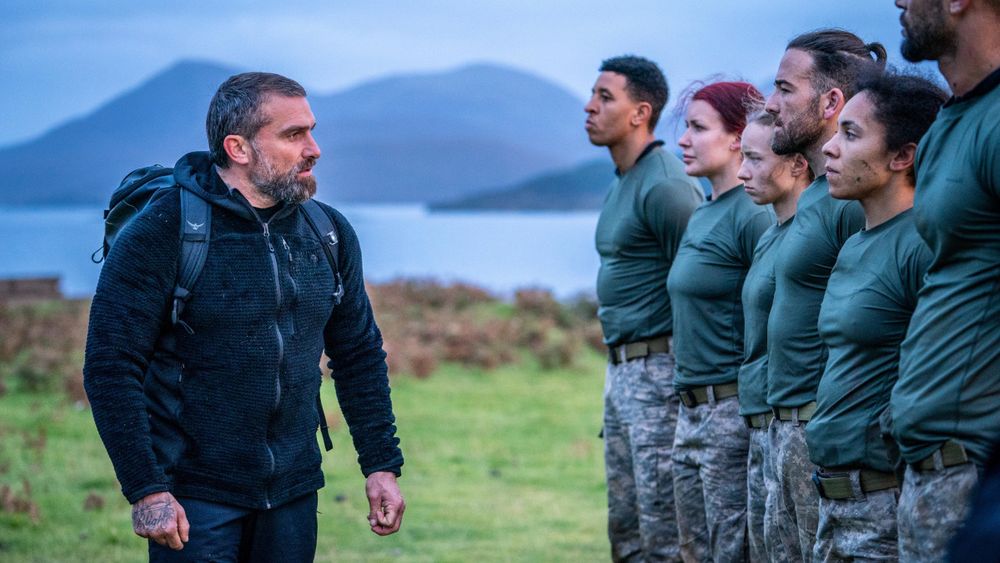
Military training is based on listening to and following clear, simple instructions delivered with total clarity by its officers. Anyone for a Malbec?
Repetition in threes is the comfort zone. It will help to develop a relationship you established through mirroring, and is an important element to growing your average wine spend. Pausing between each of the three-word descriptions also works a treat.
Silence is a powerful thing, and a two second pause after each descriptor will nurture the three stages of a buyer-seller, or guest-server relationship: curiosity, enlightenment and commitment… wine.
Keep it fluid and off-menu
At the end of the day we are serving human beings in a very reactive environment. Giving the team a script to run off is dangerous because if they go off-script, things get a bit awkward and that two second pause might become a six second pause. So keep it no-nonsense, remembering three, generic words to describe a wine is a great place to start.
Finally, keep the three-words off menu. The last thing the team should be doing is regurgitating on-menu descriptions.
Mirroring and repetition during service are really powerful tools that lead to happy guests, and increased average spends. As I mentioned, mirroring doesn’t have to be wine related. It should be a part of the first contact when the guest walks through the door. Like this:
Team member: “How has your day been madam?”
Guest: “Great thanks, we have been shopping.”
Team member: “You’ve been shopping…”
Almost every time, the guest will elaborate on their day. If you can get them to do that, you’re on to a winner before they’ve even sat down. Follow it up with repetition that is localised to the wine list, and you will start to see your best wines on the table and in the glass.
Mirroring and repetition are fundamental elements to delivering top wine service and are built into Grain to Grape’s “Becoming A Legend” module in my new e-learning platform.
- For more information about Harry Crowther and his wine training programme Grain to Grape focused on helping front line on-trade staff then go to his website here or email him at cheers@graintogrape.co.uk.
